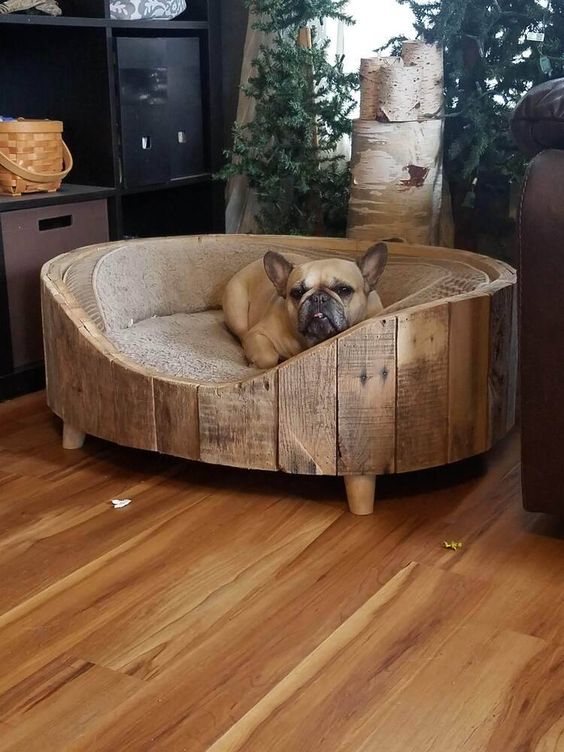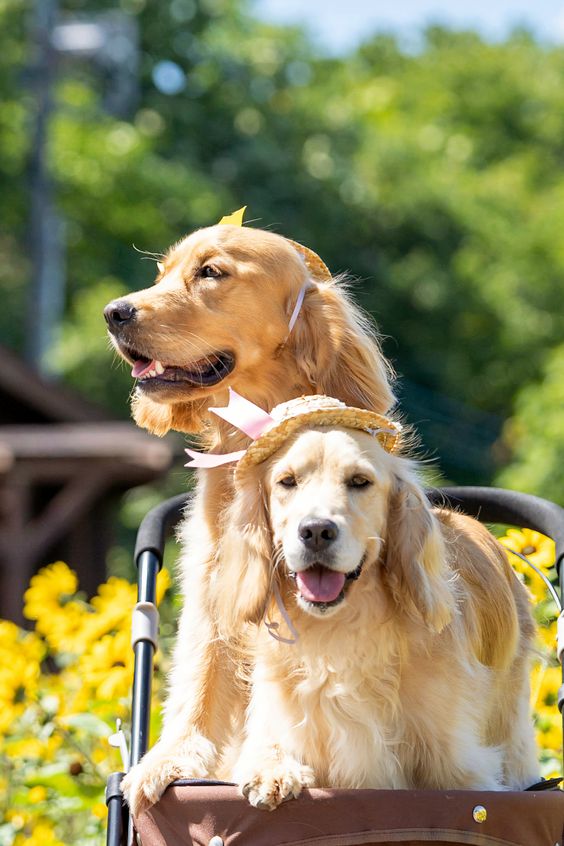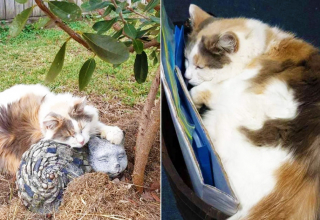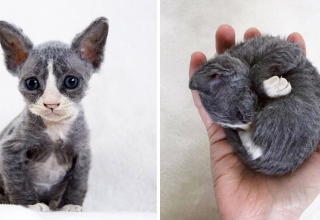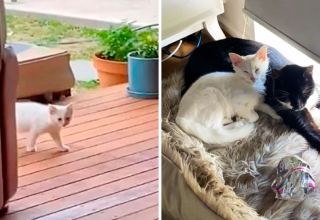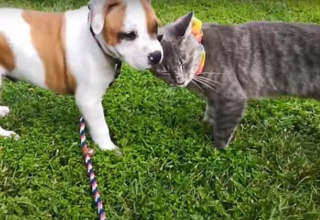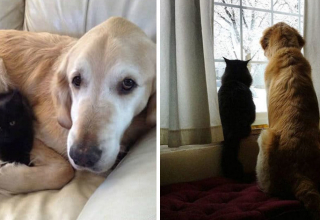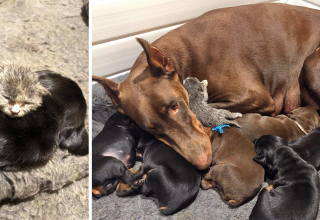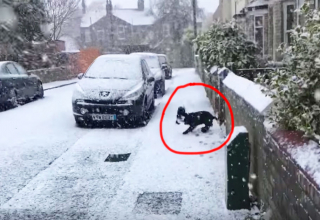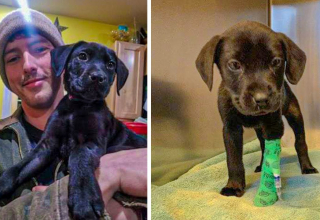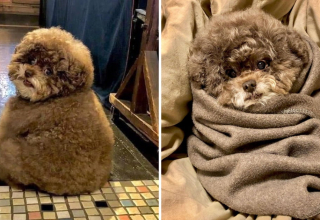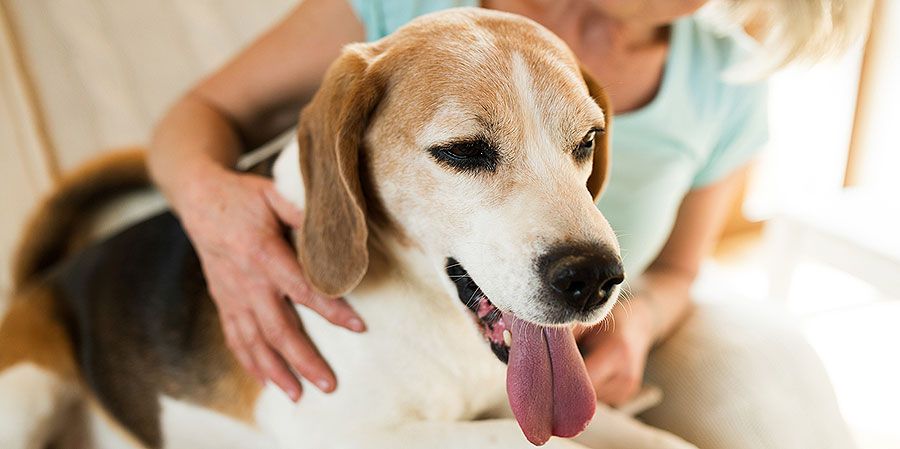
New dogs always feel unsafe and are often timid. When you determine that you are about to adopt a new puppy, you will be extremely happy and excited to prepare everything. There are many things to prepare, but you will be in a very happy mood to start a new life with your pet.
But try to imagine this from the dog’s point of view, you will have a different opinion. Puppies are separated from the only people closest to them are their mothers, siblings, from their familiar birthplace. This is extremely scary for puppies, and that’s why they sit still, have sad eyes, or even whimper when you bring them home.
It proves that dogs are very affectionate with their loved ones. While starting a life in a foreign place can be difficult at first, you are the only person with your pet. Fortunately, there are a few tips you can take to help your You are the only one with your pet. Fortunately, there are a few tips you can take to help your dog adjust to a new life.
Perhaps you’ll bring your puppy in at first, letting them explore the world and immediately interact with their new family. But don’t be too hasty, introduce the puppy to the new environment slowly. Below, Begy will summarize some good tips to help you make your new dog acclimate to the new environment faster.
Choose a spot for your dog to defecate
Start by taking your dog outside the house, to the area where you want him to go to the bathroom. If the dog goes to the bathroom on its own, “command” the dog to “go to the toilet” or any other command to let the dog understand that they need to go to the toilet and remember to praise the dog when they do what you love. bridge. Once you have used a command, do not change to another command because the dog is used to that command.
Introduce your new dog to a new home
Many people mistakenly think that they just need to let the dog out so they can explore the house as they please, but this will mess up the dog’s emotions. Having so many new places, new scents, and new creatures all at once confuses dogs. Instead, only let the dog explore a certain area.
It could be a place where you put your dog’s food and water or a small space where there’s a warm bed for them. Let your new dog familiarize himself with where to eat and sleep before continuing to explore other areas of the house. You can then introduce the puppy to the rest of the house, one room at a time, and skip the ones you think are unnecessary.
Introduce the new dog home to the other members
It’s best to introduce the dog one-on-one, even though everyone wants to see a pet right away. But try to arrange so that the puppy can meet people slowly.
Buy chew toys for dogs
If the new dog is a puppy, they can chew everything because they are in the period of teething. Buy the right dog toys, and if your dog starts chewing on junk, give the dog a chew toy or take the dog to a place where the toy is available.
Only sleeping places for dogs to come home
Like babies, puppies need a lot of sleep. They need 15 to 20 hours of sleep every day. But since puppies are prone to oversleeping, bring the dog to their crate or bed as they prepare to go to sleep. Contrary to what you might be thinking, kennels are not dog prisons. Dogs like security and the safety of a crate will make them feel more secure.
Keep a close eye on your new dog
You should supervise the dog or at least keep the dog within your sight for the first time when the new dog comes home. You are free to move your dog from room to room, indoors to outdoors – as long as you can keep an eye on the dog to avoid potential mishaps.
Start enforcing the rules
While you might think it’s too early, dogs need to learn the rules of the house from the moment they enter the house. When dogs follow family rules, they will better regulate their behavior and live happier lives. The rules you give your dog can be: do not go to the toilet indiscriminately, do not chew junk, …
Praise and reward your dog when he does exactly what you ask him to do. Besides, if the dog makes a mistake, be gentle with them. If you scold or punish your dog, it will only add fear and confusion, not correcting the mistakes they have made.
Remember that puppies are just starting to explore their new life. So they don’t have much experience and are still confused. Praising good behaviors and correcting bad ones are effective ways you can help your puppy learn.
In short, let things happen slowly. Gradually expand your new dog’s home environment under your close supervision. With many new relationships, new rules, and new habits, the puppy will gradually adapt well to his environment. Not only that, when the puppy is getting used to the new life with you. Congratulations, you have successfully established a bond that will last a lifetime there.


